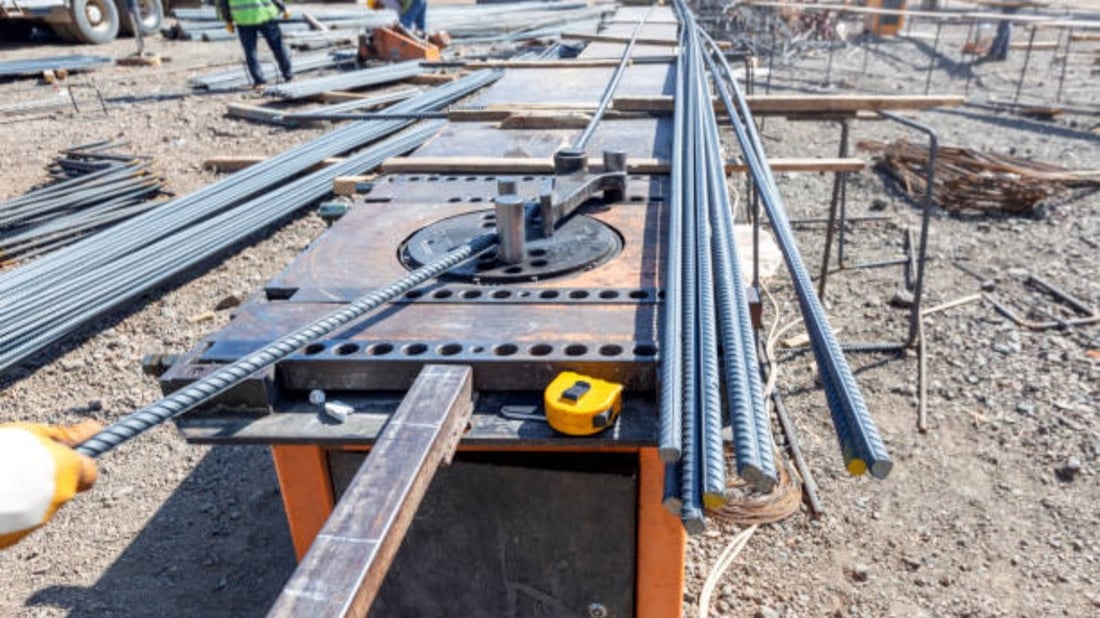The Importance of stainless steel process equipment
Stainless steel process equipment plays a crucial role in various industries, including food and beverage, pharmaceuticals, chemicals, and many more. This type of equipment is highly sought after due to its durability, versatility, and resistance to corrosion. In this article, we will explore the different aspects of stainless steel process equipment, from its manufacturing process to its various applications.
The Manufacturing Process of Stainless Steel Equipment
The manufacturing process of stainless steel equipment involves several stages, each contributing to the final product's quality and performance. The first step is the selection of high-quality stainless steel materials, typically grades such as 304 or 316, which offer excellent corrosion resistance and longevity.
Once the materials are chosen, they undergo a series of shaping processes, such as cutting, bending, and welding. These processes are performed with precision to ensure the desired dimensions and structural integrity of the equipment.
After shaping, the components are polished and cleaned to achieve a smooth and hygienic surface. This is crucial for industries that require strict cleanliness standards, such as the food and pharmaceutical sectors.
Finally, the equipment undergoes rigorous quality control checks to ensure it meets industry standards and specifications. This includes testing for structural integrity, corrosion resistance, and overall functionality.
Applications of Stainless Steel Process Equipment
Stainless steel process equipment finds widespread use in various industries due to its numerous benefits. Let's explore some of its key applications:
1. Food and Beverage Industry
In the food and beverage industry, stainless steel equipment is used for food processing, storage, and transportation. Its corrosion resistance and hygienic properties make it ideal for handling perishable products and maintaining food safety standards.
2. Pharmaceutical Industry
Pharmaceutical manufacturing requires equipment that can withstand strict hygiene standards and resist chemical reactions. Stainless steel process equipment provides the necessary durability and cleanliness, making it a popular choice in this industry.
3. Chemical Industry
The chemical industry often deals with corrosive substances and high-temperature processes. Stainless steel equipment can withstand these harsh conditions, ensuring safety and longevity in chemical processing plants.
4. Water Treatment Plants
Water treatment plants rely on stainless steel process equipment for their filtration systems, tanks, and pipes. Stainless steel's resistance to corrosion and ability to withstand high-pressure environments make it an ideal choice for this application.
5. Oil and Gas Industry
In the oil and gas industry, stainless steel equipment is used for various purposes, including storage tanks, pipelines, and processing units. Its resistance to corrosion and high temperatures make it well-suited for these demanding environments.
The Advantages of Stainless Steel Process Equipment
Stainless steel process equipment offers several advantages over other materials. Here are some key benefits:
1. Durability and Longevity
Stainless steel equipment is known for its exceptional durability and longevity. It can withstand harsh conditions, resist corrosion, and maintain its structural integrity over time, resulting in a longer lifespan compared to other materials.
2. Hygiene and Cleanliness
Industries that require strict hygiene standards, such as food and pharmaceuticals, benefit from stainless steel process equipment. Its smooth and non-porous surface prevents bacteria growth and allows for easy cleaning and sanitization.
3. Corrosion Resistance
Stainless steel is highly resistant to corrosion, making it suitable for applications where exposure to moisture, chemicals, or corrosive substances is common. This resistance ensures the equipment's reliability and minimizes maintenance costs.
4. Versatility
Stainless steel process equipment can be customized to meet specific requirements. It offers flexibility in terms of shape, size, and functionality, allowing manufacturers to design equipment that fits their unique needs.
5. Sustainability
Stainless steel is a sustainable material as it is 100% recyclable. This reduces the environmental impact and promotes a circular economy. Additionally, stainless steel's long lifespan minimizes the need for frequent replacements, further reducing waste.
stainless steel process equipment, manufacturing process, applications, advantages The Process of Stainless Steel Equipment Manufacturing - Applications and Advantages Discover the process of manufacturing stainless steel process equipment, its wide range of applications, and the advantages it offers. Explore its importance in various industries.

